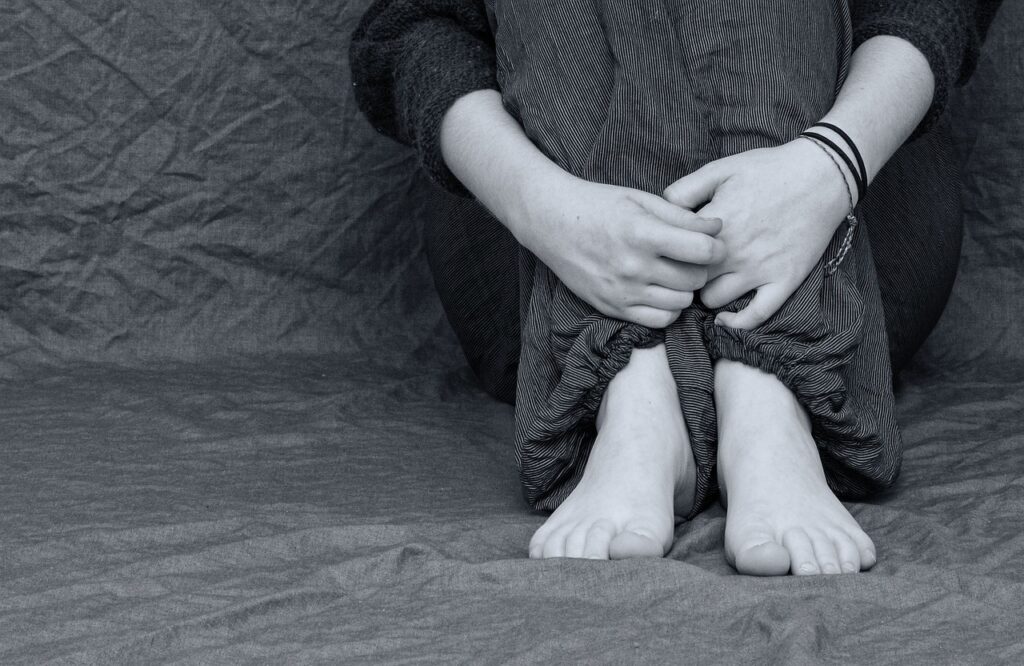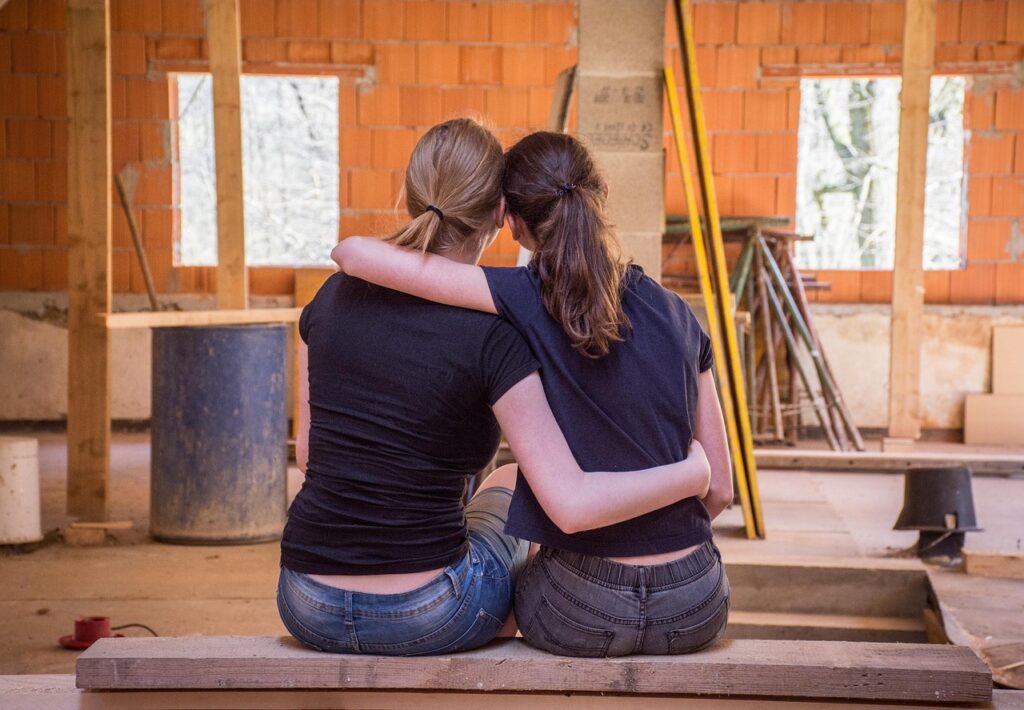There’s a popular phrase I’m guessing we are all at least a little bit familiar with—misery loves company. I can remember hearing that phrase growing up, though, to be honest, I’m not quite sure I fully understood either its meaning or the intent of the one sharing this proverb with me. But, as I’ve moved through my grown up years, I’ve come to realize and understand that this phrase can be interpreted in two ways, negatively or positively. But first, let’s consider the origin of the phrase, shall we, because it is the writerly thing to do, after all.
These words were written by English poet and playwright Christopher Marlowe (who many believe had a great influence on William Shakespeare) and spoken by a demon character, Mephastophilis, in Marlowe’s play, The Tragical History of Doctor Faustus. Though originally written in Latin, the phrase spoken by Mephastophilis has been widely accepted to mean, “It is a comfort to the unfortunate to have had companions in woe.” Or, in other words, misery loves company.

Because of its origins, the phrase has largely been associated with the idea that unhappy people seek to cause others similar unhappiness or sadness, thus adding to their numbers those who are miserable. But, in more recent years, people have observed that this idea may also lend itself to the notion that there is comfort in knowing we do not suffer alone. There is a sense of validation and therefore even connection in recognizing that others have faced challenges and struggles like the one we may be facing. Therefore we can take heart in knowing our circumstances are not as permanent as we may fear in the moment.
Along these more positive lines, author and speaker Jon Acuff has put his own twist on this concept. In his books and online Facebook challenges, he tells his audiences that fear hates company. He tells people that identifying and sharing your fears is one of the best ways to overcome them because fear is both repetitive and sneaky and when you drag it into the light and let others help you face it, it becomes that much easier to overcome it and move beyond it.
This is a concept I have been teaching our teenagers as we work on building new and positive soundtracks to replace some of the worn and broken ones that try to tell them they cannot possibly do something, like create art or write a story or launch an idea, because they are not as good as someone else or don’t know enough. We talk about imposter syndrome and about overthinking. And, more recently, I’ve been cluing them in on the fact that both fear and misery love isolation and that there is greater strength in connection.
Just recently, I had a conversation with my 15 year old and one of the phrases I have been repeating to her is you are not alone. Too often when we are struggling or feeling overwhelmed it can feel like we are the only person who is dealing with challenges, like we are the only one who has ever gone through this sort of thing. Of course that isn’t true, but it feels true. However there is power in knowing that you are not alone. There is power in the validation of our experience as well as in the shared human experience. There is strength in our connections and relationships.
As I talked to my youngest daughter that evening, I told her that she wasn’t alone. I told her that I’ve been there and I’ve struggled in similar ways. Even though my words didn’t change her challenges, I love that she held those words closely and let herself absorb them. I love that I could actually see a little more of a glimmer in her eyes as she realized the power in this shared experience, even if it’s a less positive one than either of us would like.
I’ve witnessed similar transformations in my oldest girl as well as she learns to navigate friendship relationships. As a teenager we can tend to believe that everyone else has it all figured out, everyone except us. It can feel like we are the only person who has ever lived who feels like an outsider or a screw up or a loser. The inner critic loves to pepper us with the worst descriptions of ourselves. And that’s why I like to check in regularly with each of our girls and remind them, you are not alone. When left unchecked, our inner critics become loud and obnoxious and they slowly convince us that what they’re shouting inside our minds is true. But there is greater power in hearing the voices of those who know and love us.

A year or so ago, when I first began introducing some of these ideas, like soundtracks and resilience and the importance of how we talk to ourselves through that inner voice, our girls were not necessarily receptive, and that’s okay. We’ve always taught them to question and wrestle with ideas and to use their critical thinking skills. I love seeing the progress they’ve made in these areas. The word soundtracks is now just a part of everyday conversation. I love watching them grow and change and recognize that their inner voice is not always kind or helpful or truthful. I love that they are willing to seek me or my husband out when they feel led to give in to their overwhelm or their misery or their fear.
Misery may love company, wanting others to wallow in the pity and misery with it. But in all truth, there is strength in numbers. There is power in knowing you are not alone and that when we seek connection we find solidarity in relationships and shared experiences and realizing we are not the only one who has ever experienced these kinds of feelings. Because we are in fact human—we are flawed and messy and complicated, and sometimes we experience sadness and fear; but so does everyone else. When we understand this, we can also understand that we will get through it. We can listen to the voices of those who love us and are cheering us on and find strength in our connection to others. It’s what keeps us going and I love watching the strength these two remarkable young women demonstrate by holding fast to the relationships that build them up.
